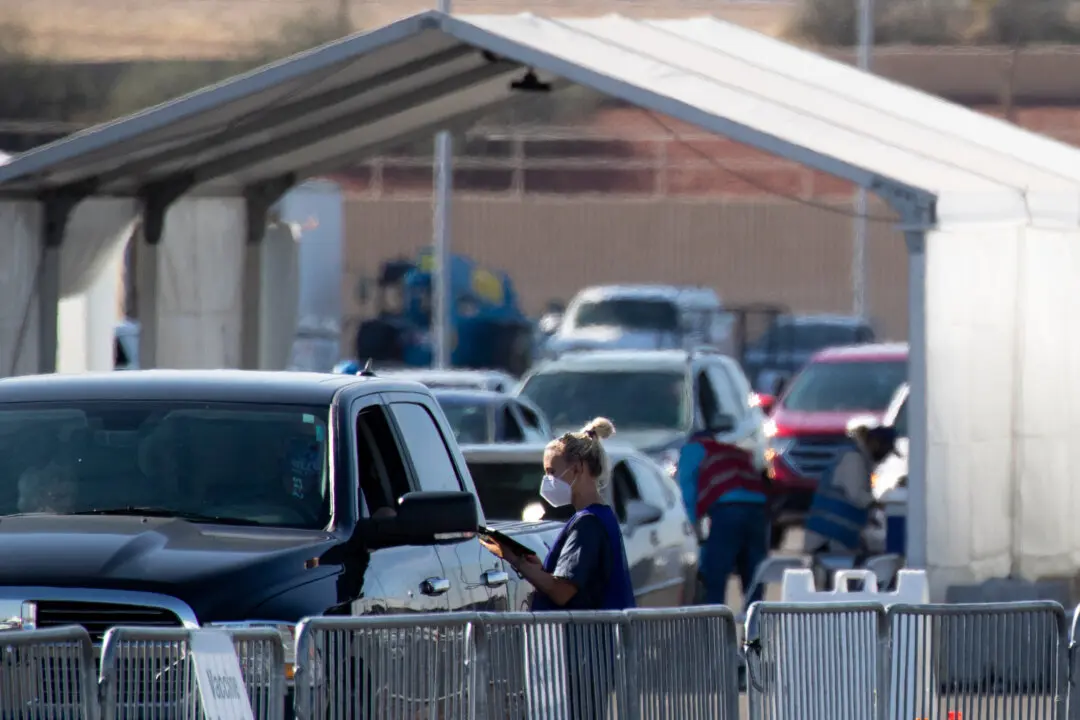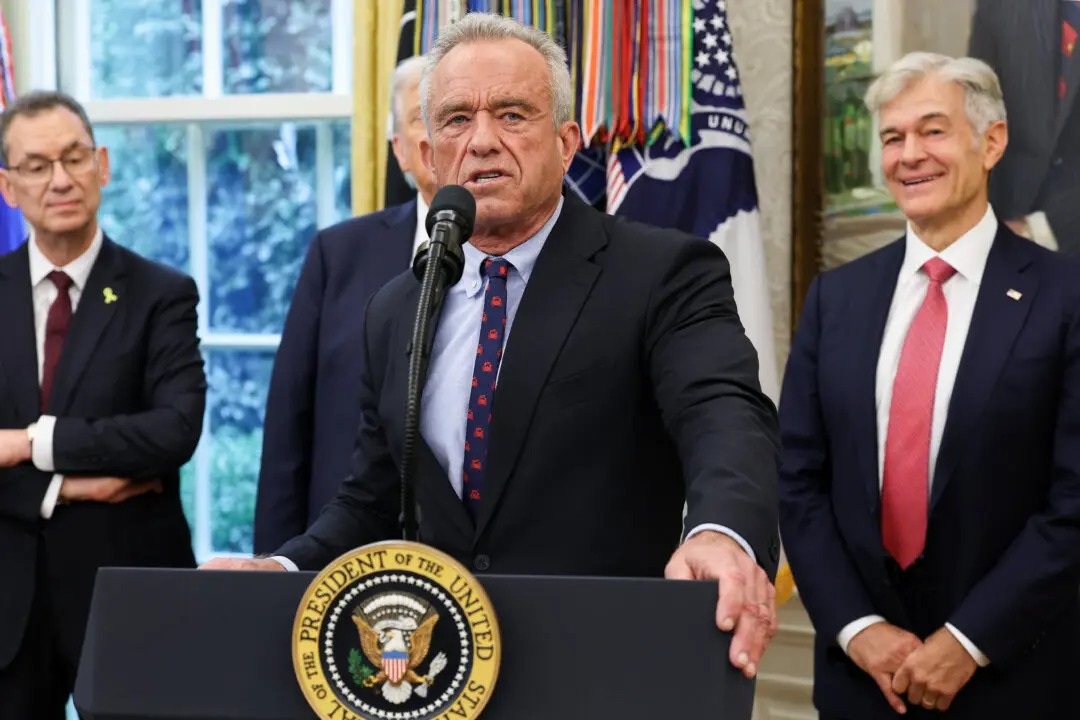Supreme Court Justice Samuel Alito on Thursday said the COVID-19 pandemic has served “as a sort of constitutional stress test.”
Alito, 70, told a Federalist Society virtual convention that “we have never before seen restrictions as severe, extensive and prolonged as those experienced, for most of 2020.”





